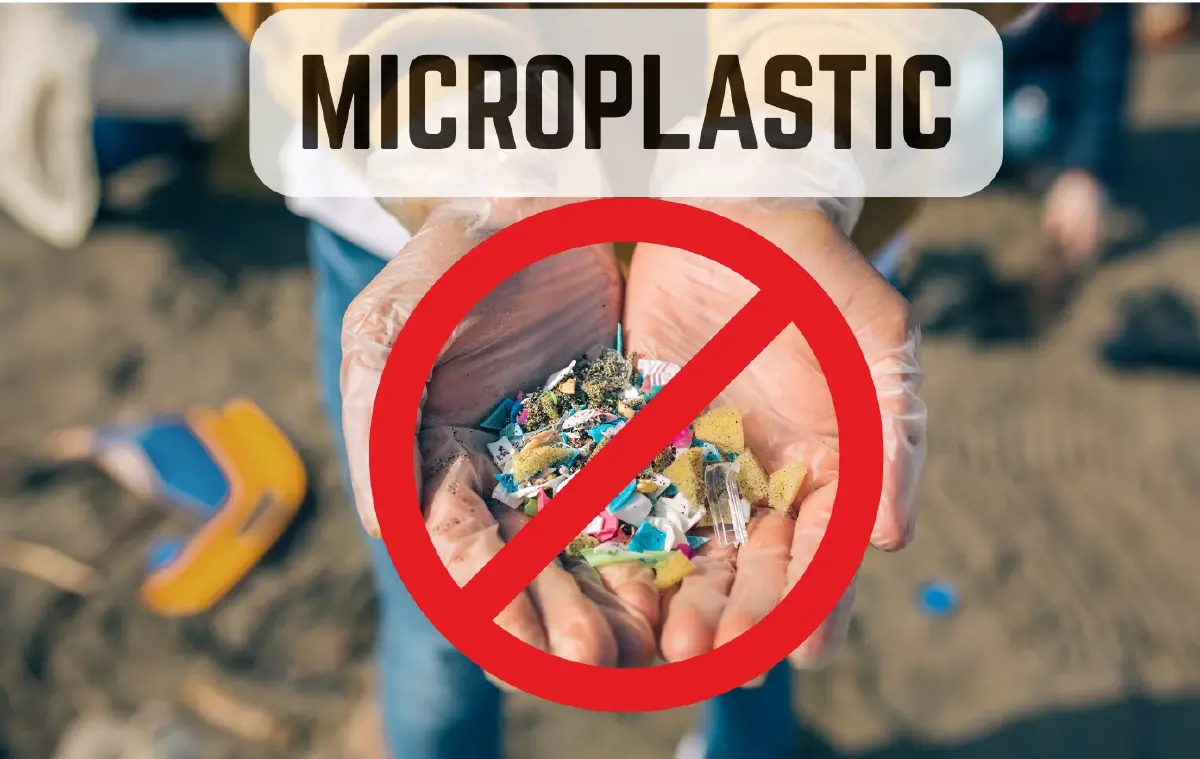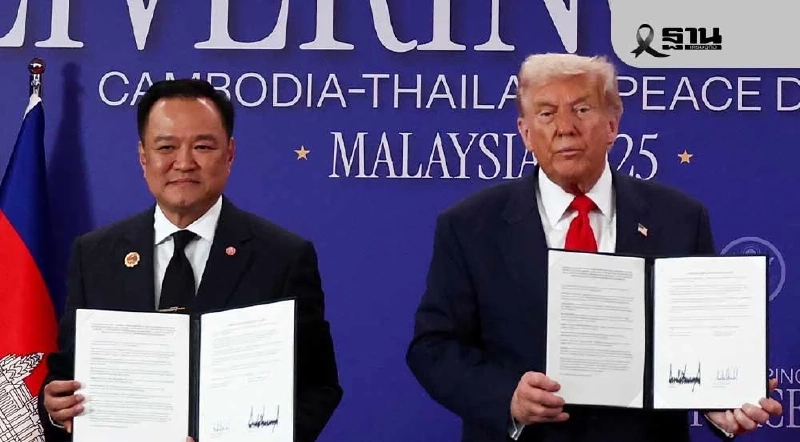EU calls for more science-based measures to curb harmful fishing devices
17 เม.ย. 66

The EU justified its decision to step out of a landmark agreement to curb harmful fishing devices in the Indian Ocean citing a lack of scientific assessment, but the explanation was deemed hypocritical by ocean conservation groups.
In February 2023, the Indian Ocean Tuna Commission (IOTC) – the intergovernmental organisation managing tuna species in the Indian Ocean, which includes the European Union as one of its members – reached a landmark agreement to restrict the use and increase the transparency of drifting fish aggregating devices (dFADs). These devices consist of a floating surface in the ocean that attracts pelagic fish – especially tuna species, such as overfished yellowfin and bigeye tuna – and are associated with negative impacts on tuna populations like the catch of small ‘juvenile’ tunas and by-catch of vulnerable species. However, a group of IOTC member states – Comoros, Oman, Kenya, Seychelles, and the Philippines – soon decided to object to the resolution, meaning they will now be exempted from complying with the new dFADs rules expected to enter into force in August this year. The EU was the last to join the group of ‘objectors’ who announced they were withdrawing from this resolution, a decision that could put the whole agreement at risk since it would automatically become null and void for all IOTC members if eleven of them object in the end. A Commission official confirmed to EURACTIV that although the EU will not comply with the resolution entering into force in August 2023 after the objection, it has also proposed a compromise in four proposals which will be discussed during the next IOTC session from 8 to 12 May.....
แหล่งที่มา
Euractiv.com
แท็ก



